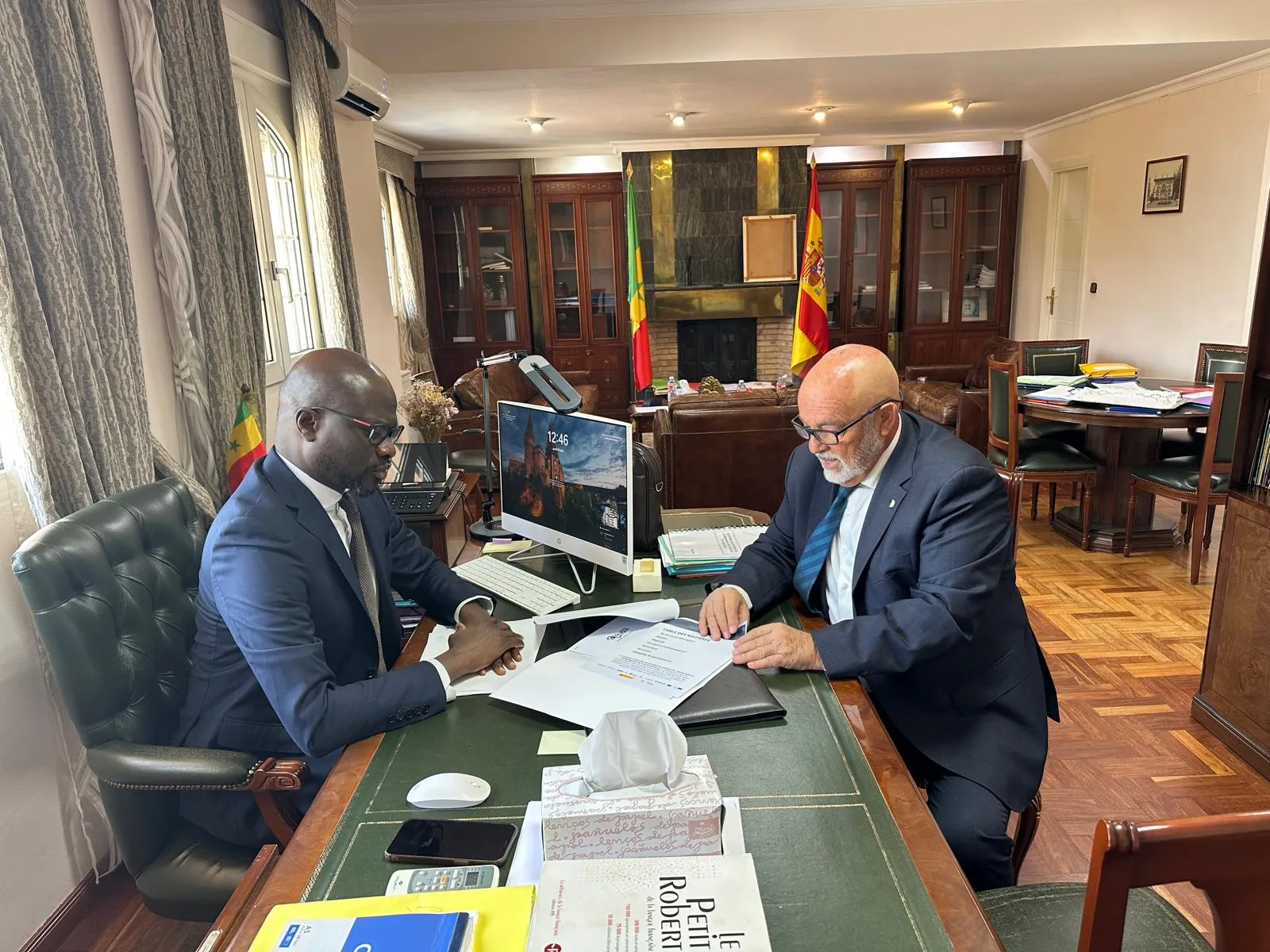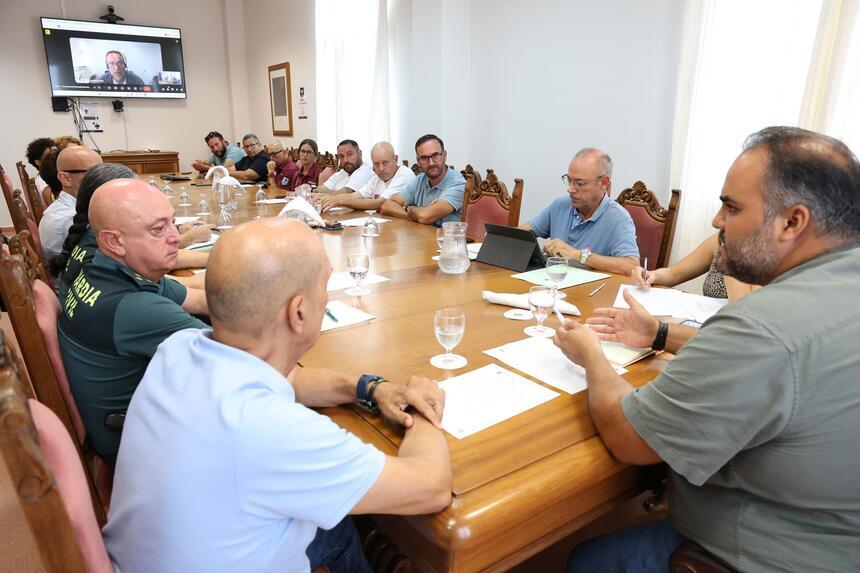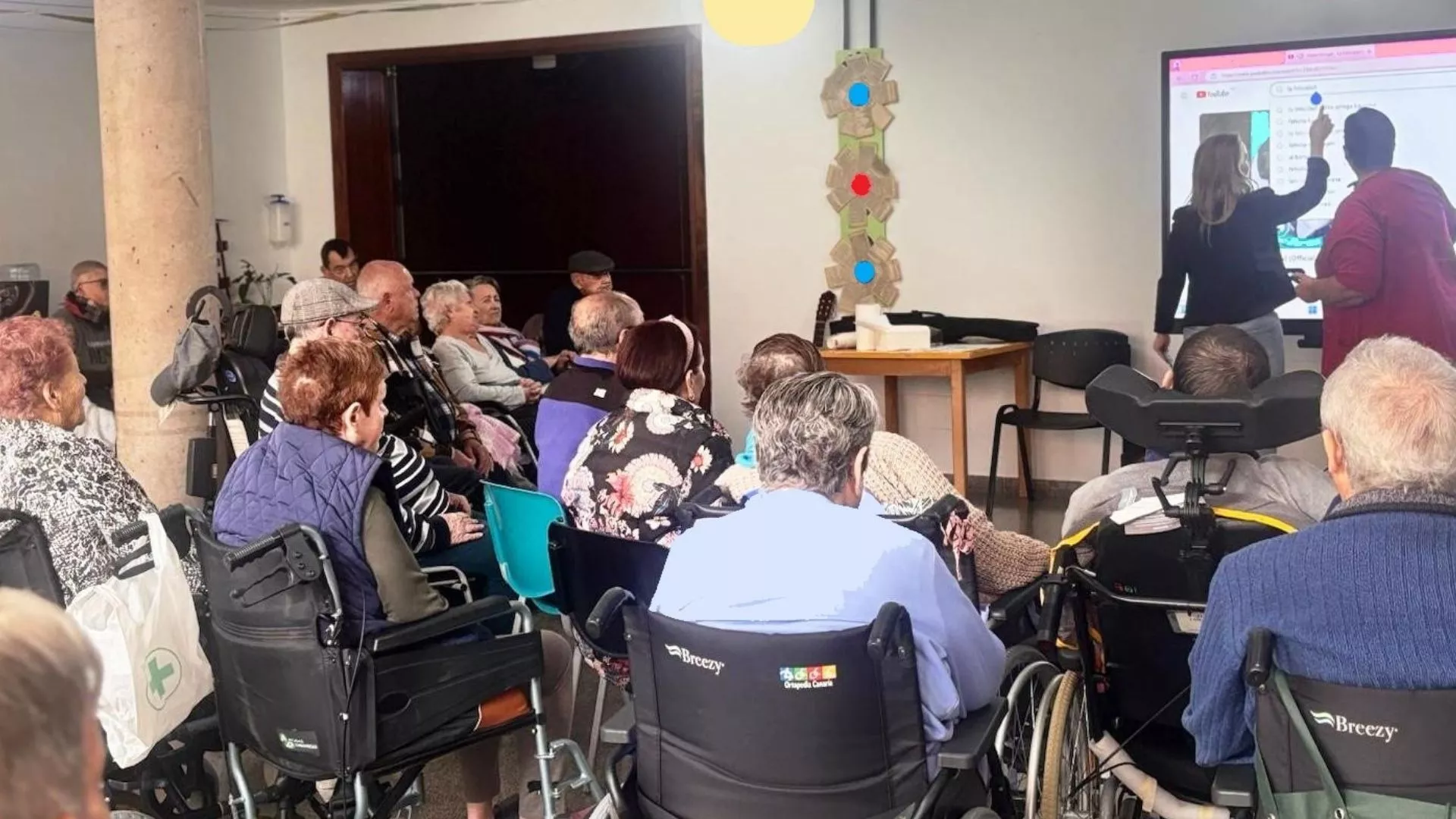
The Federation of Citizen Services of Comisiones Obreras for Cecoes 112 has raised concerns regarding the “risk” facing the Women’s Victim Support Service due to the Canarian Government’s decision to separate the public company Management of Services for Health and Safety in the Canary Islands (GSC).
They warn that this decision compromises the continuity, security, and effectiveness of the service. Consequently, the company committee has called for immediate dialogue to ensure the stability and quality of the service, as stated in a press release.
They remind us that GSC, a public entity of the Canarian Government managing the Canarian Emergency Service (SUC) and the Emergency and Security Coordination Centre (CECOES 1-1-2), is also responsible—by mandate of the Canarian Institute of Equality (ICI)—for the Women’s Victim Support Service.
On 11 August, the Company Committees from both provinces submitted a notice of strike, which would take effect on 25 August unless a solution was found.
IDENTIFIED RISKS
They warn that the separation of GSC implies a lack of investment, reducing the emergency response capability, introduces opaque management changes that affect the technical team supporting the service, and leads to disorganisation of protocols and institutional coordination, thereby undermining comprehensive protection.
Furthermore, these actions, they claim, have been adopted “without dialogue or transparency and without assessing their impact” on the recovery processes of the women being supported.
DEMANDS
In summary, the company committee demands that any changes detrimental to the service be halted “immediately,” a dialogue process initiated with the strike committees and representative teams, the job stability of professionals providing this crucial service be guaranteed, and compliance with the quality standards and comprehensive care required by existing legislation.
They stress that support for women victims “cannot be subject to cuts or improvisations.” In that regard, they emphasise that we are talking about lives “at risk” and, therefore, “a fundamental right”—the right to live free from violence.
In this context, they invite citizens, feminist movements, social groups, and the media to remain vigilant and demand a responsible response to ensure that there is “not a step back in rights.”














